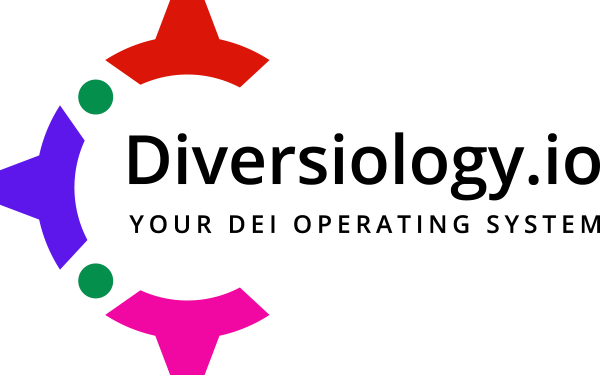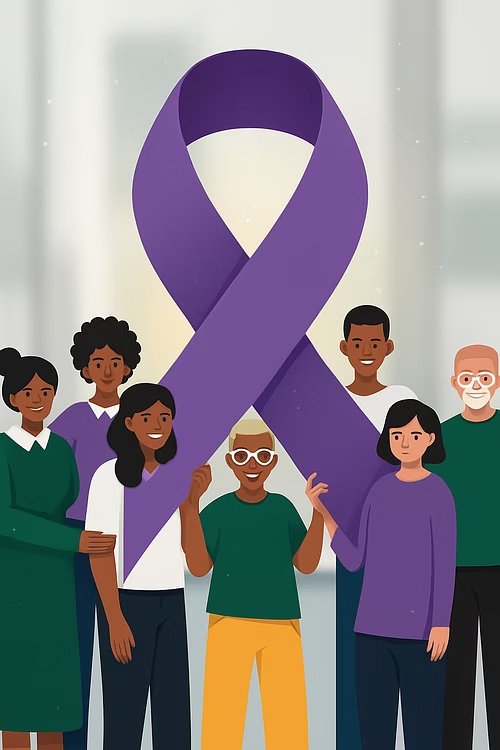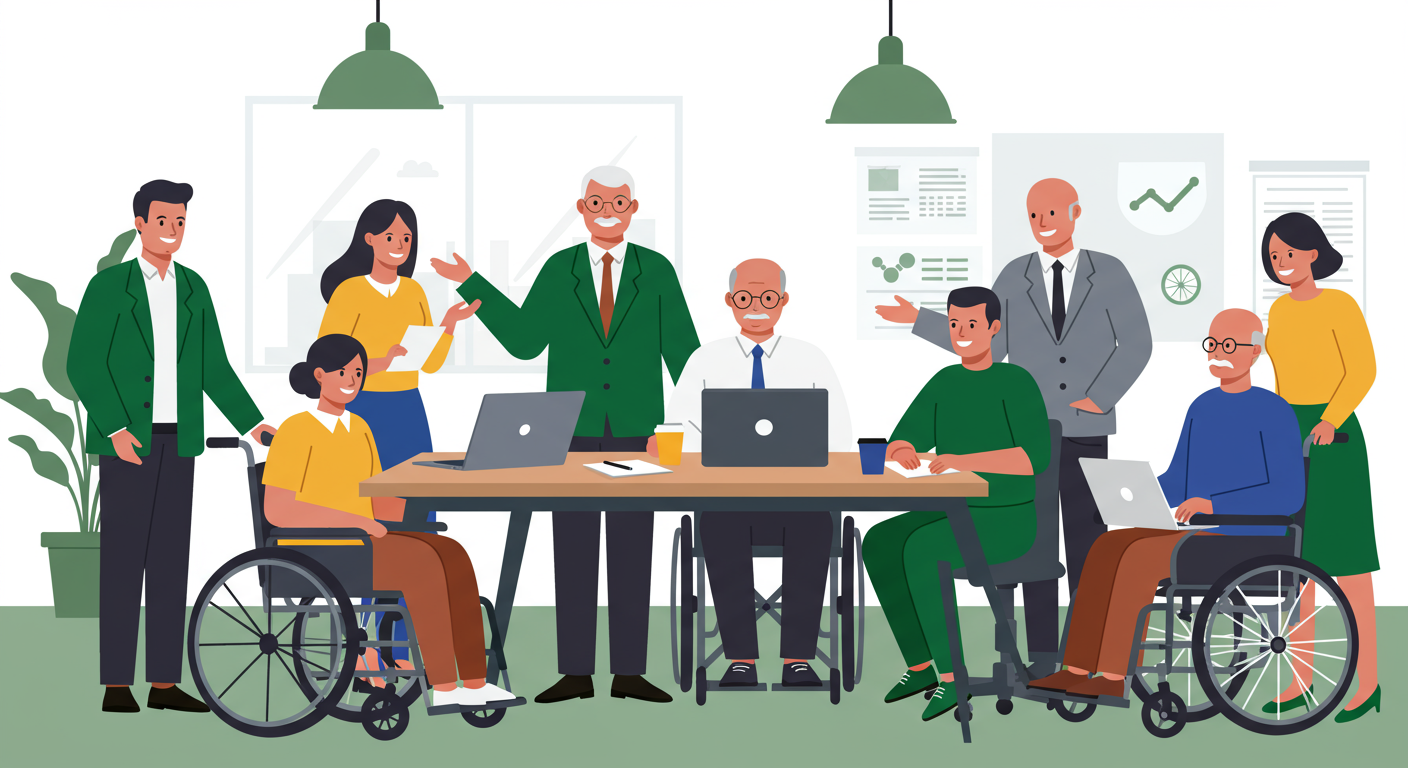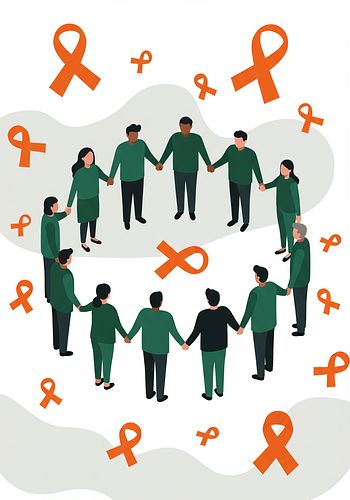In a world shaped by neurotypical norms, neurodivergent women face unique challenges that are often misunderstood. Tameka Allen, founder of ModCulture and a leader with over 16 years of experience in people, talent, and DEI roles, shares her journey of navigating these obstacles while thriving as a neurodivergent professional.
📉 The Reality Gap in DEI: How Neurodivergence is Overlooked
Nearly 80% of organizations have DEI initiatives, but only 4% include disability. This gap leaves neurodivergent employees without essential support. We must address this issue to foster truly inclusive workplaces.
⚡ The Challenges of Being a Neurodivergent Woman in the Workplace
For neurodivergent women, professional spaces often present extra hurdles. Tameka Allen identifies common struggles:
- Sensory Overload: Needing quiet led to misconceptions about her being antisocial.
- Misunderstandings and Biases: Neurodivergent people are often stereotyped, ignoring the diversity of neurodivergent experiences.
These misconceptions don’t just affect productivity—they perpetuate harmful biases about neurodivergent women’s capabilities.
🚀 Why Inclusive Workplaces Need Neurodivergent Talent
When organizations overlook neurodiversity, they miss out on unique talents like creative problem-solving and meticulous planning—qualities that Tameka exemplifies. Ignoring neurodivergent professionals can lead to:
- Misdiagnosis and Isolation: Neurodivergent women often feel inadequate due to being misunderstood.
- Pressure to Conform: Many feel compelled to hide their true selves, leading to stress and burnout.
Tameka’s story of using Loop earplugs at a noisy event showcases the need for accommodating environments designed with neurodivergence in mind.
🛠️ Practical Solutions: How to Foster Neurodiversity at Work
Building inclusive workplaces is not just a goal—it’s a necessity. Tameka offers actionable strategies for creating more neurodivergent-friendly environments:
- Self-Advocacy: Tameka uses a “manual of me” website to communicate her working preferences.
- Educate and Adapt: Companies must include disabilities in DEI efforts and make processes more inclusive, like improving interview clarity.
- Feedback Mechanisms: Policies need to be open to feedback, adapting as needed.
- Simple Accommodations: Asking if someone needs accommodations can make a big difference in creating an inclusive space.
Tameka encourages neurodivergent women to accept their identity, build supportive communities, and define success on their own terms.
🎬 Call to Action: Join Our Community for Exclusive Content
Want more insights? Join our community to watch the full replay of Living and Leading as a Neurodivergent Woman featuring Tameka Allen. You’ll also gain access to:
- Practical strategies for building neurodivergent-friendly environments.
- DEI best practices for small and midsize businesses.
- Exclusive discussions with a growing network of DEI professionals.
Together, we can create workplaces that celebrate neurodivergent talent and uplift all marginalized communities.








